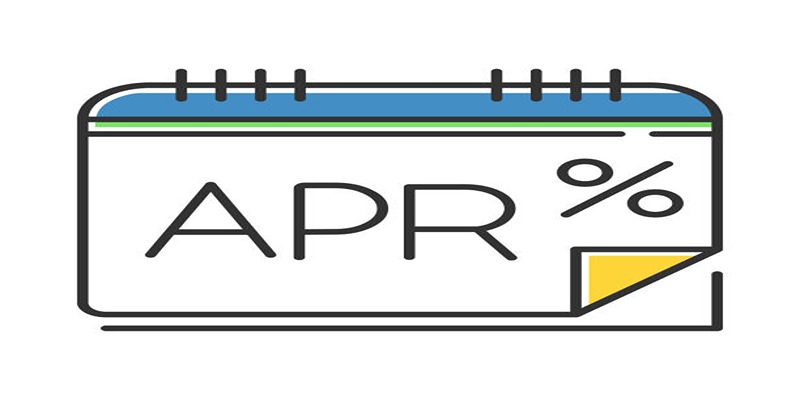Planning for Taxes on Severance Pay: Tips and Strategies
Navigating the complexities of tax planning can be a daunting task under any circumstance. However, when it comes to handling severance pay, the waters can get even murkier. Severance pay, which is provided by an employer to an employee who is laid off, can have significant tax implications that one must be prepared for. In this comprehensive guide, we'll walk you through everything you need to know about the tax responsibilities that come with severance pay, including practical tips and strategies for managing your finances and optimizing your tax situation.
Understanding the Basics of Severance Pay:

At its core, severance pay is a form of income that an employee receives when they are laid off from a job. Employers are not legally required to provide severance packages to their employees, but doing so can soften the blow of job loss by providing financial assistance as the employee transitions to new employment.
How is Severance Pay Taxed?
Severance pay is subject to federal and state income taxes, as well as Social Security and Medicare taxes. The rate at which these taxes are applied to severance pay can vary based on the amount of severance you receive.
Lump-Sum Payments
If you receive your entire severance in one payment, this is known as a lump-sum payment. Lump-sum payments are often taxed at a higher rate, but there are some special rules that may apply, particularly if the pay was for services accrued over multiple years or for employees who are older and eligible for retirement.
Maximizing Your Tax Benefits with Deferrals and Special Arrangements:
Although severance pay is typically taxed at the time it is received, there are certain strategies you can employ to defer some of the tax burden or, in some cases, reduce your taxable income.
Deferring Income
One approach to managing your severance tax is by deferring a portion of your pay. This means setting up a payment schedule with your employer so that you receive your severance over several years rather than as a lump sum. By doing so, you could potentially lower your overall tax rate, as the income is spread across multiple tax years.
Retirement and Health Savings Accounts
Contributing a portion of your severance to a qualified retirement account or a Health Savings Account (HSA) can shield that portion from immediate taxation. Not only does this offer a tax benefit now, but it also helps you prepare for the future.
Common Tax Planning Mistakes to Avoid:
With substantial financial changes such as severance pay, it's crucial to be aware of potential tax pitfalls that could cost you money in the long run.
Incorrectly Reporting Income
One of the most common mistakes individuals make when reporting severance pay is incorrectly classifying it on their tax returns. It's essential to understand that severance pay is considered taxable income by the Internal Revenue Service (IRS) and must be reported as such. Failing to properly report severance pay can lead to audits, penalties, and back taxes. It's advisable to consult with a tax professional to ensure that your severance pay is accurately reported and that you are taking advantage of any tax-saving opportunities available to you.
Overlooking Potential Deductions
Another oversight that can occur during the tax planning process involves missing out on potential deductions. For instance, if you are job searching after being laid off, you may be able to deduct certain job search expenses, such as travel costs, resume preparation fees, and employment agency fees, assuming these expenses exceed a certain percentage of your adjusted gross income. Additionally, moving expenses for a new job that meets specific distance and time tests can also be deductible. Being unaware of these deductions can result in higher taxable income and, consequently, a larger tax bill.
Not Utilizing Carryover Losses
For individuals who have investments, understanding the concept of carryover losses can significantly impact your tax situation, especially when dealing with severance pay. If you've previously sold assets at a loss, these losses can be used to offset capital gains in future years. When receiving severance pay, if you anticipate a higher tax rate due to the lump sum payment, utilizing carryover losses can help reduce your taxable income and decrease the tax burden.
Seeking Professional Tax Advice:
When it comes to managing the tax implications of severance pay, nothing beats the expertise of a tax professional. A professional can provide personalized advice and help you understand how your severance pay will impact your taxes and potentially modify the payment structure to your advantage.
When to Consult a Tax Professional?
It's wise to consult a professional if you're receiving a significant severance package or if you're not sure how your severance pay should be taxed. Additionally, if you're concerned about the impact of your severance pay on your long-term financial planning, a tax professional can offer valuable guidance.
Long-Term Financial Planning after Receiving Severance Pay:

Severance pay can be a significant asset for your future if managed properly. Developing a clear financial strategy can help you maximize the benefits of your severance package while ensuring future financial stability.
Investing and Saving
Depending on your immediate financial needs, investing a portion of your severance can help you reach long-term financial goals. Tools like mutual funds, stocks, and bonds can generate returns and build wealth over time.
Emergency Funds
It's always good practice to keep a portion of your severance in an accessible savings account to cover any unforeseen expenses. Financial advisors often recommend having three to six months' worth of living expenses set aside in an emergency fund.
Conclusion
Receiving severance pay can be a significant event in your financial life. Understanding how severance pay is taxed and taking steps to plan for these taxes can help you avoid common pitfalls and make the most of your financial windfall. By practicing smart tax planning, seeking professional guidance when needed, and integrating your severance pay into a long-term financial strategy, you can ensure that your finances remain strong even in the face of unexpected career changes. Remember, every financial situation is unique, and what works for one person may not work for another. Be proactive, be informed, and always look ahead to secure your financial future.












